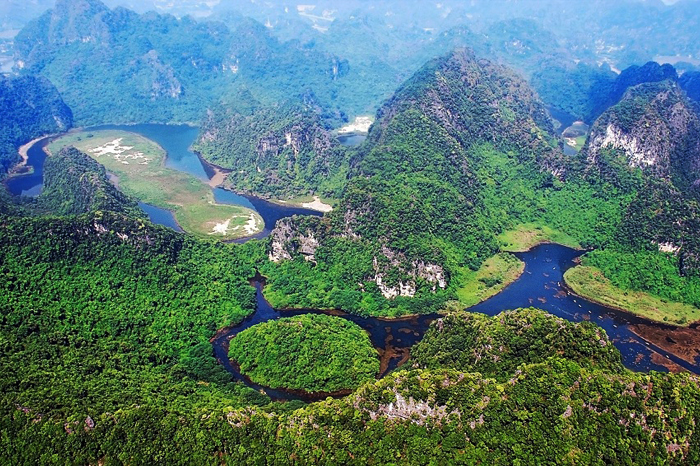
8 Unesco heritage sites in Vietnam to explore
- on Jan 27, 2024 By: Ngoc Nguyen
Vietnam is the country in Southeast Asia with the most UNESCO World Heritage sites, both cultural, natural and even a mixed site. One more reason to come and discover this fascinating country with its exceptional historical, cultural and natural heritage. From North to South, discover with us the 8 UNESCO World Heritage sites in Vietnam.
***
1. Halong Bay
Halong Bay, “Descent of the Dragon” in Vietnamese, a true tourist showcase in Vietnam, is the natural site listed as a UNESCO World Heritage Site in 1994, the best known in the country. Halong Bay is home to a spectacular and exceptional preserved natural marine panorama of nearly 2000 submerged karst islands.
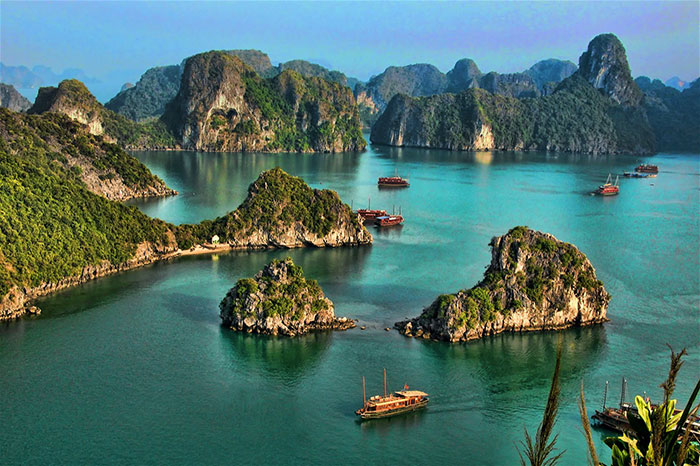
This site of the Club of the Most Beautiful Bays in the World, elected in 2011 as one of the seven new wonders of nature, fascinates travellers because of its breathtaking seascapes, sculpted by nature over geological eras. Embark on traditional junk for a two-day cruise and one night on board to enjoy this beautiful natural site. Halong Bay, the largest marine karst in the world, contains a large number of caves, some spectacular like the "Surprises Caves", inland lakes, secret coves, lazy beaches, floating fishing villages and exceptional biodiversity.
2. Thang Long ancient imperial city
The ancient imperial city of Thang Long, the original name of Hanoi, is one of the most beautiful monuments in the Vietnamese capital. Listed on July 31, 2010, as a UNESCO World Cultural Heritage site, Thang Long imperial city, built in the 11th century by the Ly dynasty, was built on the remains of a Chinese citadel dating back to the 7th century and concretizes the independence of Dai Viet.
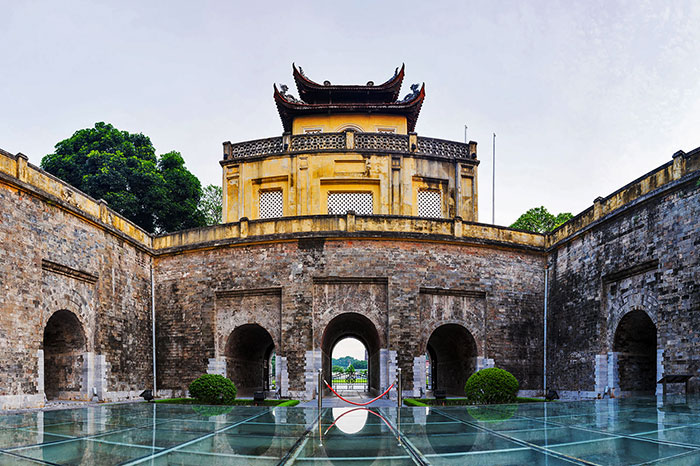
For more than a millennium, Thang Long's imperial city was the place of regional political power, the seat of dynasties, and also the cultural and economic centre of the capital before the capital was moved to Hue in 1810. Although the palaces and royal buildings were largely destroyed at the end of the 19th century, the remaining vestiges express an original Asian culture specific to the lower Red River valley. This is one of the essential cultural visits during your stay in the thousand-year-old capital of Vietnam, Hanoi.
3. Trang An Complex
This is the only site listed as a UNESCO World Cultural and natural heritage, i.e. mixed. Nicknamed the “Halong Bay on land”, Trang An is one of the most breathtaking landscapes in Vietnam. A dizzying ensemble of karst formations starched with vegetation crisscrossed by valleys, some submerged, and framed by cliffs as if cut with a sickle.
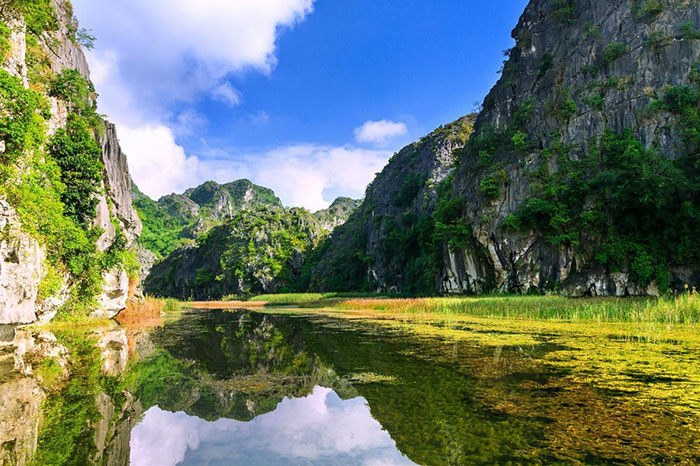
A hallucinatory nature which served as the setting for several films including Indochina and the last King Kong, and which is home to a considerable and remarkable number of cultural and historical properties such as the Bich Dong pagoda, the Hoa Lu ancient imperial city, the Vu Lam palace or the Thai Vi temple. Located only 90 kilometres from Hanoi, it is unforgivable to miss it!
4. The citadel of the Ho dynasty
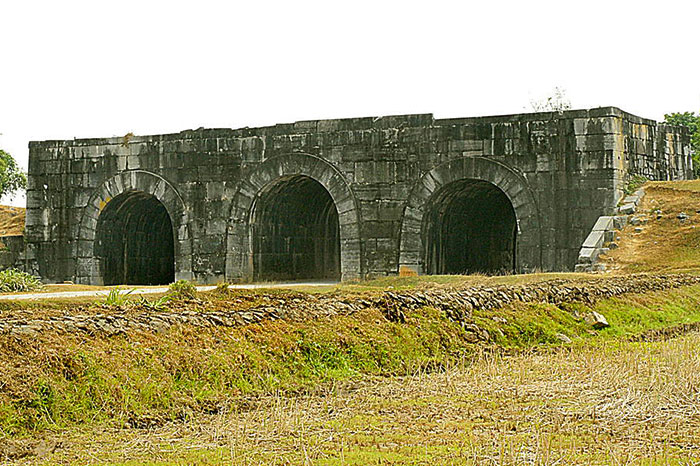
Located about sixty kilometres from the Trang An landscape complex, the citadel of the Ho dynasty is an ancient imperial city built in 1397 according to the principles of feng shui in large cut stones in a magnificent natural setting between the Ma and Buoi rivers. The largest, most original stone citadel in all of Southeast Asia and one of the best preserved despite a Chinese invasion in 1407, the citadel of the Ho dynasty was declared a UNESCO World Cultural Heritage Site on June 27, 2011.
5. Phong Nha-Khe Bang National Park
Located in the centre of Vietnam, 200km North of Hue and 500km South of Hanoi, in the North of the Annamite mountain range, the Phong Nha-Ke Bang national park is one of the natural jewels of Vietnam classified as a world heritage site of UNESCO in 2003.
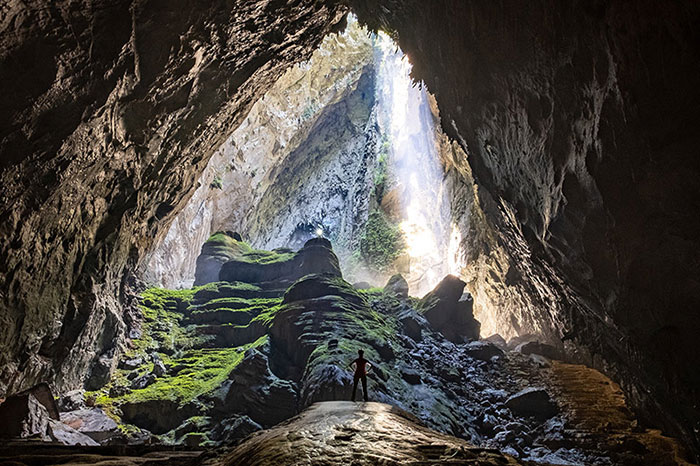
Nature lovers and adventure travel enthusiasts flock to Vietnam to discover some of the most spectacular caves in the country and even the world. Phong Nha-Ke Bang is home to the phenomenal Son Doong cave which its 9 kilometres long and its uninterrupted gallery is 200 meters high and 100 meters wide.
6. All the monuments of Hue
The former imperial capital of Vietnam during the Nguyen dynasty, located in a remarkable natural environment between gentle hills and the Perfume River, was the first Vietnamese cultural site classified by UNESCO in 1993.
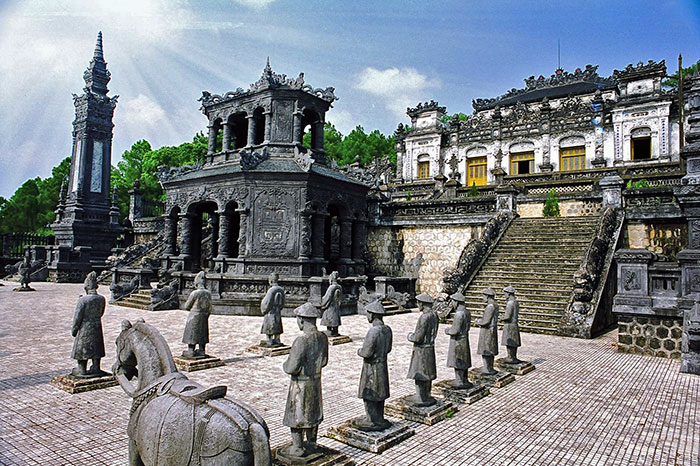
You will appreciate its numerous cultural vestiges including the superb tombs of the emperors, the Thien Mu pagoda, the imperial city, the forbidden purple city and the inner city, the garden houses and the divine cuisine, a legacy of the imperial past of this city full of poetry and elegance.
7. Hoi An Old Town
A former thriving trading port from the 15th to 19th centuries on the Silk Road, Hoi An is home to a magnificently well-preserved collection of 1,107 buildings, reflecting the mix of indigenous and foreign cultures.
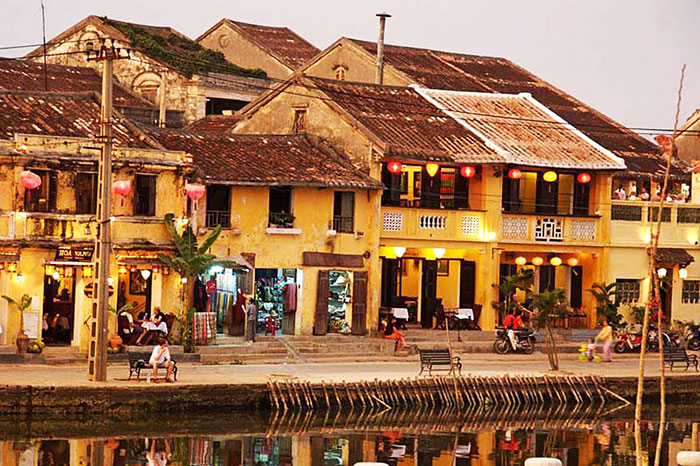
Hoi An Old Town has retained its traditional wooden architecture, its charming Japanese-covered bridge and its ancestral craft traditions. You will not deny your pleasure in strolling through its historic center dotted with century-old temples and pagodas, in discovering its delightful countryside and its heavenly beaches.
8. My Son Sanctuary
We finish discovering the UNESCO World Heritage sites in Vietnam with the exceptional archaeological site of My Son. Located 50 kilometres from Hoi An in a magnificent green valley surrounded by hills, My Son Sanctuary, former religious and political capital of the kingdom of Champa for almost a millennium, is a group of Cham temples whose spiritual roots connect it to Hinduism.
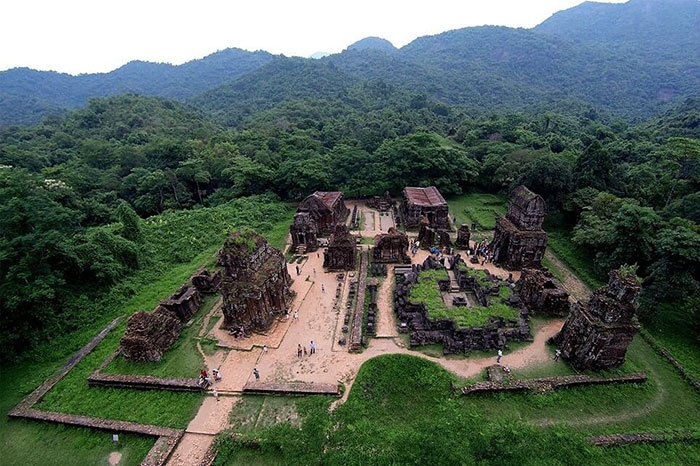
This archaeological site, discovered in 1889 by the Frenchman Camille Paris and subsequently Henri Parmentier, is part of the very exclusive club of exceptional archaeological sites in Southeast Asia such as those of Borobudur in Java in Indonesia, Angkor Wat in Cambodia, Bagan in Burma or Ayutthaya in Thailand.
Related articles:
>> Top 10 tips and tricks for a successful trip to Cambodia
>> Best things to do in Vietnam
>> Tour 3 weeks in Vietnam, an exciting tour of the Dragon
>> Vietnam tour 15 days: What to do? What itinerary ideas do you have?
>> Tour 1 week in Vietnam: Good deals for a 7-day tour in Vietnam
>> Tour in Vietnam in one month: 3 options to absolutely enjoy!
>> Preparations for the traditional Tet, the Vietnamese New Year
>> Tour to the Mekong Delta: itinerary ideas in 1,2,3,4,5,6 days to know
 Español
Español Français
Français






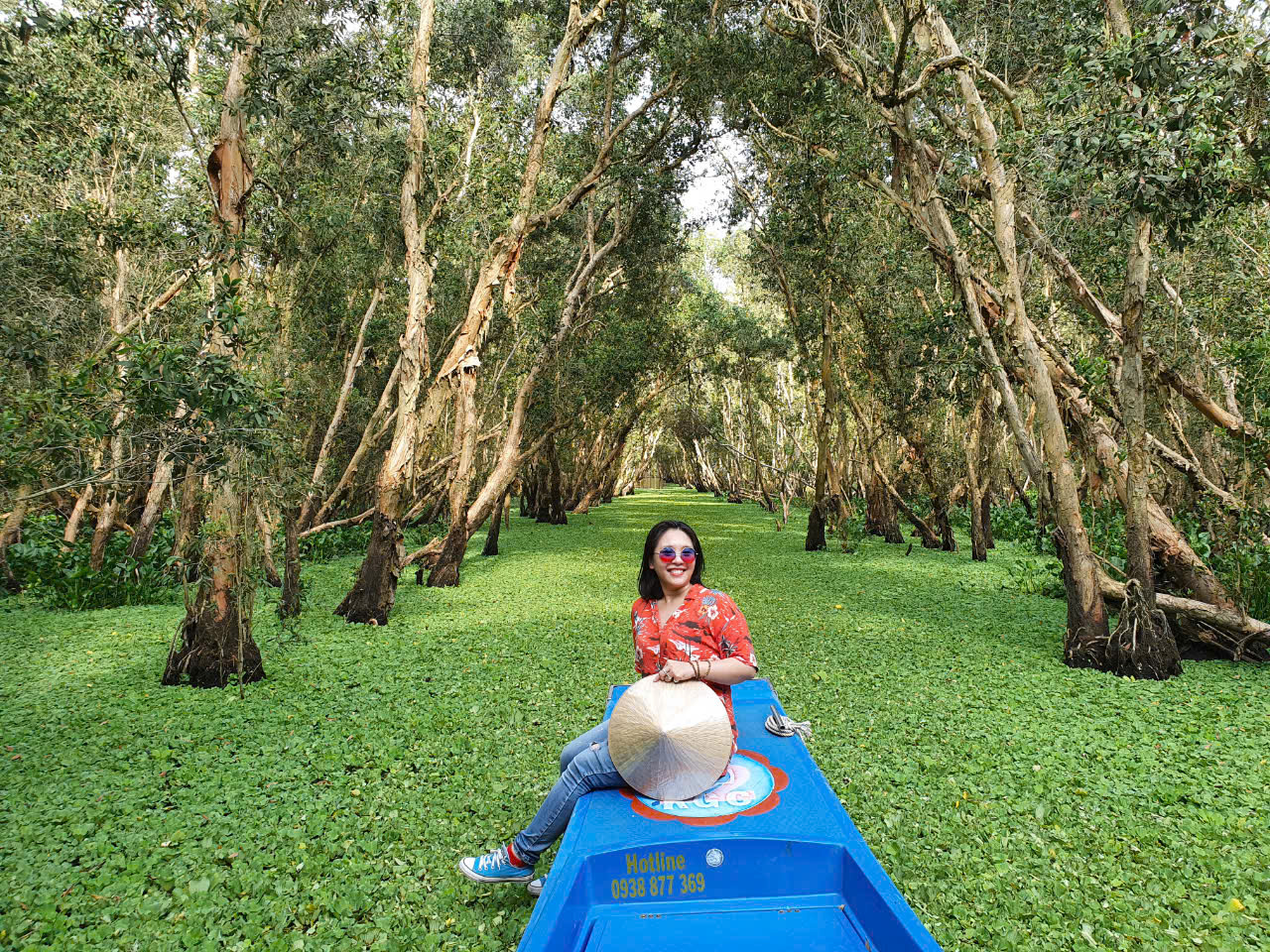
.jpg)
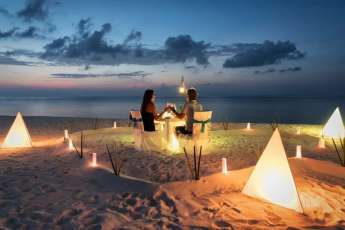
.jpg)
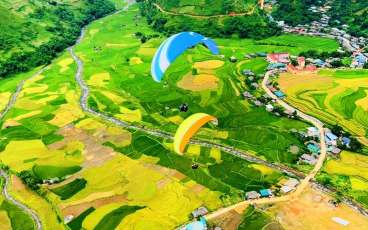
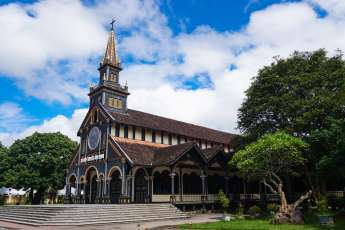
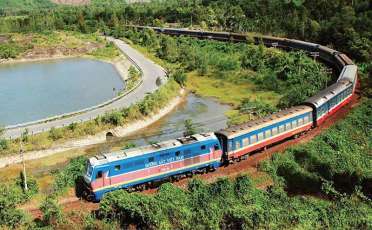







Morgane Ter Cock
on Dec 18, 2025HerbertPhomaMS
on Oct 19, 2025Lilyan Cuttler
on Oct 15, 2025Avenue17XC
on Sep 14, 2025Avenue18JL
on Jul 21, 2025